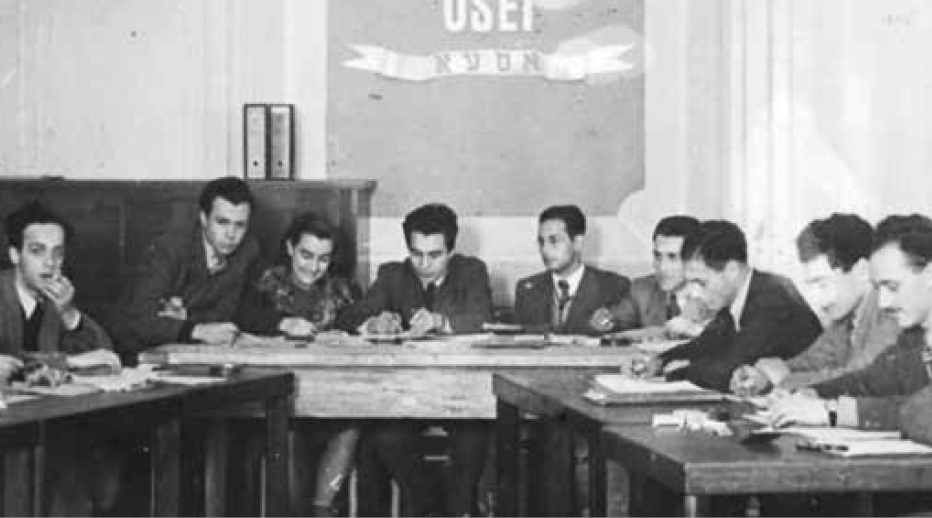JEWISH STUDIES – Young researchers for the CDEC Foundation

It was a week of studies, but also a unique opportunity for different generations to share their knowledge and research. From June 30 to July 4, the Settimana di Studi Internazionali sull’Ebraismo Italiano (Week of International Studies on Italian Judaism) took place. The event was promoted by the CDEC Foundation of Milan, in collaboration with the Jewish-Christian Dialogues of Camaldoli (a Benedictine monastery in Tuscany) and the Fondazione Alessandro Nangeroni. The focus of the event was young people. The researchers selected to present their work were all born after 1995; some were born as late as 2001.
The event, which was ideated by the director of CDEC Foundation, Gadi Luzzato Voghera, and historian Gabriele Boccaccini, came from a realization that the two of them recently had. “This initiative was born from a reflection on the lack of structure in the Italian academic landscape. There is no real department dedicated to Jewish Studies. There is no stable, coordinated framework on the subject. This is not just an Italian problem, but a European one as well,” Voghera explained to Pagine Ebraiche. “We maintain a vast patrimony of sources and documentation, and at some point, we asked ourselves: How can we connect what we safeguard with researchers who deal with Jewish studies?”
This was the first step that led to the idea of creating a bridge between documentary memory and contemporary research by integrating the Settimana di Studi with the monastery of Camaldoli’s established dialogue path. Every year since 1980, Jewish-Christian conversations have been held here, with the participation of Italian and foreign experts. “This year, we decided to change the formula slightly,” Luzzatto Voghera continued. “We launched a public call for young Italian and foreign researchers, and we received more than 40 proposals.” “It’s a marvellous sign, and, to be honest, a surprise. Even after the deadline expired, proposals continued to arrive.” It was a beautiful way to celebrate the 70th anniversary of the CDEC Foundation, which was founded by a group of young Jews immediately after WWII.
During the week of studies, various themes were explored, reflecting the new generation of researchers’ variety of approaches and interests. Some focused on micro-history topics, such as the use of dowries in Jewish communities in Mantua (Lombardy), or the lives of Jews in 18th-century Livorno and Pisa (Tuscany). Others focused on the 20th century, addressing topics such as the Shoah, racial laws, and the trajectories of Jewish exile. There were also works on Zionism and the Jewish communities of Modena (Emilia-Romagna), which experienced both persecution and restoration. Additionally, there were works on the role of Italian banks in anti-Jewish measures.
Special attention was given to Israel and the complexity of its internal dynamics. For example, discussions were held on the Israeli Black Panthers, intra-Jewish migrations, and tensions between liberal equality and ethno-religious nationalism. Other presentations covered literature and philosophy, ranging from Carlo Levi to Bassani and from Kafka to Paul Celan. There was also a discussion on European Judaism and the cultural heritage of the Holocaust. Presentations included studies on Prague’s Zionism in the first half of the 20th century, voluntary enlistment during the British Mandate in Palestine, post-WWII Jewish migration to Palestine, and the international impact of the fascist “Manifesto of Race.”
The discussions are expected to continue beyond the week. Luzzatto Voghera said that the model has already piqued the interest of foreign academic institutions. “Our goal is to make these moments of dialogue between archives, current research, and generations a replicable model. Some of our partners have suggested presenting it on a European scale.”
Daniel Reichel
Translated by Rebecca Luna Escobar, student at the Advanced School for Interpreters and Translators of the University of Trieste, trainee in the newsroom of the Union of the Italian Jewish Communities — Pagine Ebraiche.
